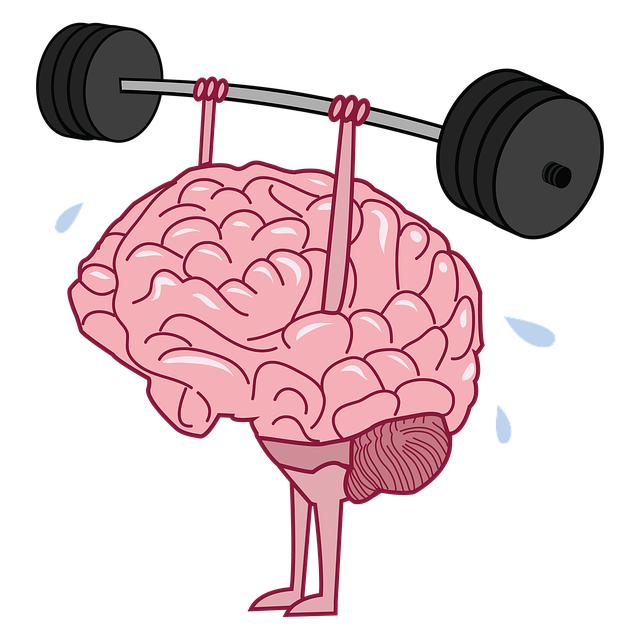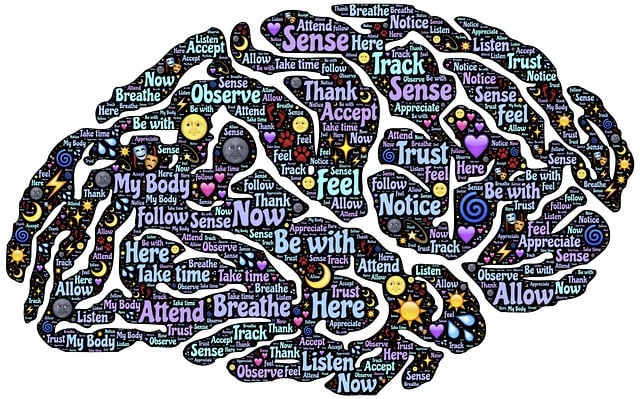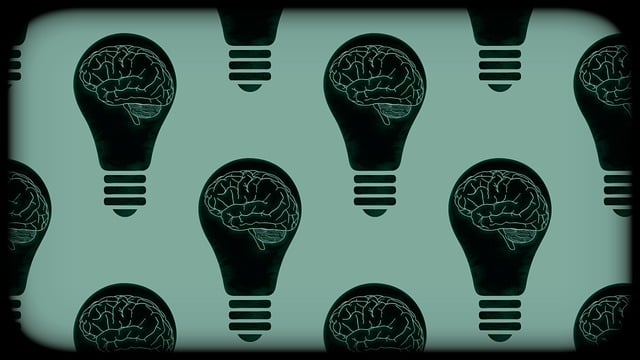Lone Tree Spanish Speaking Therapy is revolutionizing mental health care in diverse communities by addressing cultural barriers and language differences that often lead to misdiagnoses. They tailor approaches with cultural sensitivity and multilingual proficiency, improving diagnosis accuracy and preventing healthcare provider burnout. Techniques like mental wellness journaling, advanced technologies, and alternative assessment methods enhance diagnostic tools. Early intervention, community trust-building, and advocacy for robust Mental Health Policy all contribute to their comprehensive approach, breaking down stigmas and fostering better patient outcomes.
Mental illness diagnosis accuracy is a critical aspect of healthcare, yet challenges remain, especially in diverse populations. This article explores efforts to enhance diagnostic precision, focusing on culturally competent care for Spanish-speaking communities, innovative assessment techniques, early intervention strategies, and building community trust. By understanding the unique needs and barriers faced by these groups, we can improve access to accurate diagnoses and effective treatments, such as Lone Tree Spanish Speaking Therapy services, ultimately fostering better mental health outcomes.
- Understanding the Challenges: Uncovering Misdiagnoses in Diverse Populations
- The Role of Cultural Competence: Enhancing Care for Spanish-Speaking Communities
- Innovative Assessment Techniques: Advancing Diagnostic Accuracy
- Early Intervention Strategies: Catching Mental Health Issues Before They Escalate
- Building Community Trust: Encouraging Open Conversations About Mental Illness
Understanding the Challenges: Uncovering Misdiagnoses in Diverse Populations

Understanding the challenges of mental illness diagnosis is crucial, especially when navigating diverse populations. Misdiagnoses are prevalent, often due to cultural barriers and language differences. For example, a study revealed that Spanish-speaking individuals in rural areas face significant hurdles in accessing accurate diagnoses, with many experiencing undiagnosed conditions for extended periods. This is particularly concerning given the unique emotional healing processes and needs within these communities.
Lone Tree Spanish Speaking Therapy has been at the forefront of addressing this issue by implementing tailored approaches. They recognize that cultural sensitivity and proficiency in multiple languages are essential components of effective care, which can significantly impact burnout prevention strategies for healthcare providers. By embracing these methods, they not only improve diagnosis accuracy but also promote emotional well-being promotion techniques that cater to diverse patient needs.
The Role of Cultural Competence: Enhancing Care for Spanish-Speaking Communities

In an effort to improve mental illness diagnosis accuracy, addressing cultural competency is paramount, especially within Spanish-speaking communities where unique challenges exist. The lack of healthcare provider cultural competence training often results in miscommunication and misdiagnosis when treating patients from diverse backgrounds. This is particularly relevant for Lone Tree Spanish Speaking Therapy areas, where access to culturally sensitive care may be limited. By incorporating mental wellness journaling exercise guidance tailored to these communities’ specific needs and promoting coping skills development, we can bridge the gap.
Encouraging Spanish-speaking individuals to document their thoughts and emotions in a mental wellness journal can facilitate open communication with healthcare providers. This practice not only enhances self-awareness but also provides valuable insights during therapeutic sessions. Moreover, it ensures that cultural nuances and barriers are explicitly addressed, leading to more accurate diagnoses and effective treatment plans for this demographic.
Innovative Assessment Techniques: Advancing Diagnostic Accuracy

In the pursuit of enhancing mental illness diagnosis accuracy, innovative assessment techniques are playing a pivotal role. Traditional methods often rely on subjective reporting and standardized questionnaires, which can be limited in their ability to capture the nuanced complexities of mental health conditions. To address this challenge, researchers and healthcare professionals are exploring cutting-edge tools that go beyond typical assessments. One such approach involves integrating advanced technologies, such as artificial intelligence (AI) algorithms, capable of analyzing vast datasets to identify patterns and predict specific disorders with impressive accuracy. These AI models can sift through medical records, research papers, and even social media data to provide valuable insights, assisting clinicians in making more informed decisions.
Additionally, the incorporation of alternative assessment methods, such as cognitive testing, neuroimaging, and physiological measurements, is gaining traction. For instance, Lone Tree Spanish Speaking Therapy centers have pioneered culturally sensitive evaluation strategies that consider the unique needs and barriers faced by diverse populations. These innovative practices not only improve diagnostic accuracy but also foster trust and engagement among individuals seeking mental health support. Furthermore, initiatives like Stress Management Workshops Organization and programs focused on Anxiety Relief and Self-Esteem Improvement are integral to this larger effort, as they not only enhance assessment tools but also equip individuals with valuable coping strategies for managing their well-being.
Early Intervention Strategies: Catching Mental Health Issues Before They Escalate

Early intervention is a cornerstone in the pursuit of enhancing mental illness diagnosis accuracy and overall patient outcomes. By implementing strategies aimed at identifying subtle signs and symptoms before conditions escalate, Lone Tree Spanish Speaking Therapy is at the forefront of transforming mental health care. This approach is particularly crucial for individuals from diverse cultural backgrounds, ensuring that unique challenges and barriers to treatment are addressed. For example, a comprehensive risk assessment, incorporating both clinical evaluations and patient self-reporting, can unveil hidden struggles, especially when tailored to capture cultural nuances.
Through these early intervention strategies, mental health professionals can facilitate effective emotional healing processes. Social skills training, for instance, is an evidence-based method that empowers individuals to navigate social interactions with confidence, fostering a sense of belonging and reducing isolation. By integrating such interventions, Lone Tree Spanish Speaking Therapy aims to improve diagnosis accuracy and create a more inclusive and accessible environment for those seeking support.
Building Community Trust: Encouraging Open Conversations About Mental Illness

Building community trust is a pivotal aspect of enhancing mental illness diagnosis accuracy. Encouraging open conversations about mental health breaks down stigmas and fosters an environment where individuals feel comfortable seeking help. Lone Tree Spanish Speaking Therapy, for instance, leverages cultural sensitivity to create safe spaces, ensuring that minority communities have access to quality care. By incorporating Mind Over Matter Principles and Resilience Building techniques into therapy practices, healthcare providers can better understand the unique experiences and challenges faced by diverse populations.
Open dialogue also strengthens the connection between patients and their caregivers, encouraging proactive reporting of symptoms and early intervention. This collective effort, supported by robust Mental Health Policy Analysis and Advocacy, can lead to more accurate diagnoses and improved treatment outcomes. Ultimately, fostering trust and open conversations are essential steps towards a more inclusive and effective mental health care system.
In addressing mental illness diagnosis accuracy, a multifaceted approach is essential. From understanding cultural nuances and enhancing assessment techniques to fostering community trust, each strategy plays a vital role in ensuring more effective care, particularly for diverse populations like Spanish-speaking communities. As we move forward, integrating early intervention strategies into routine healthcare can help identify mental health issues promptly, enabling timely support and improved outcomes, especially in areas such as Lone Tree Spanish Speaking Therapy.










